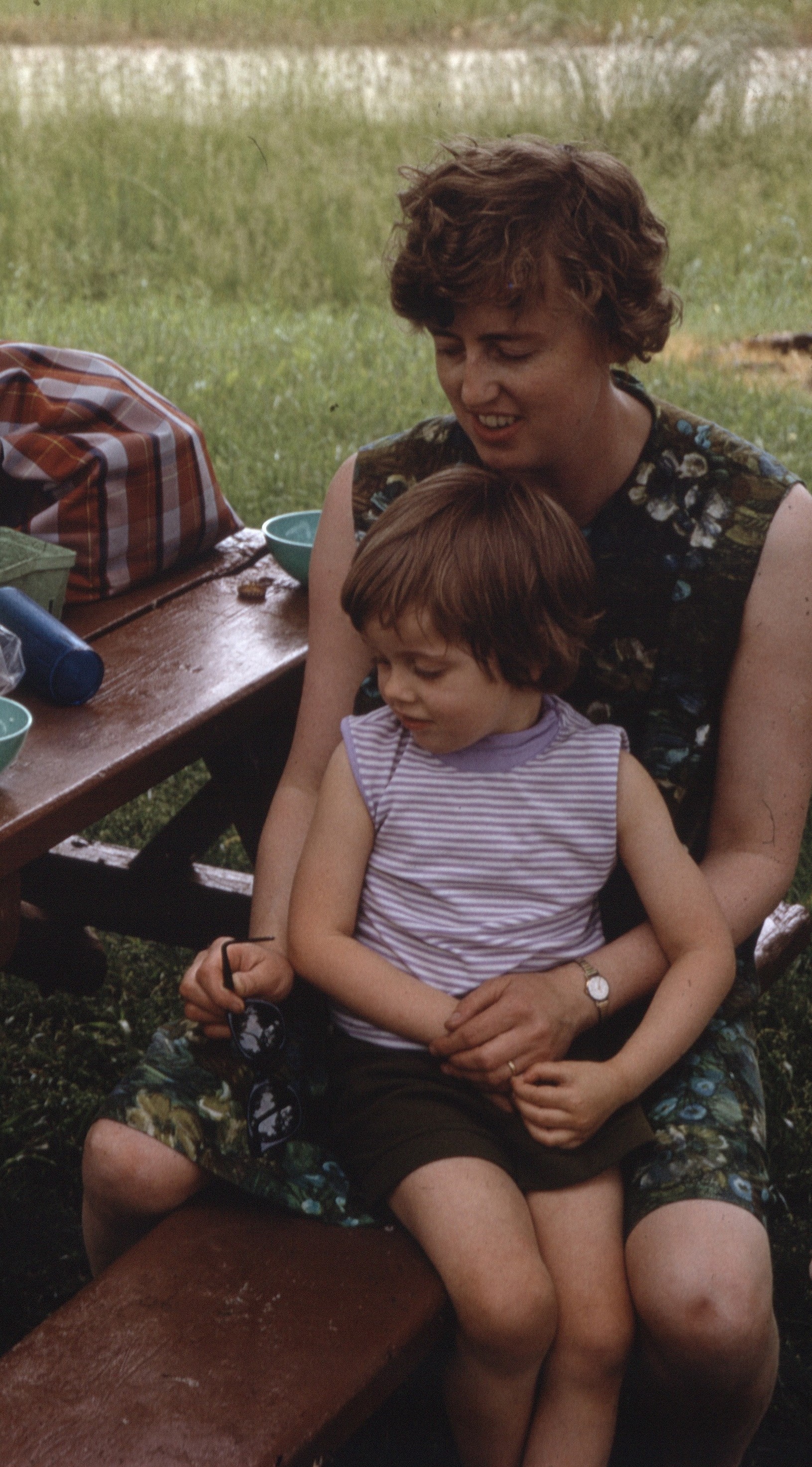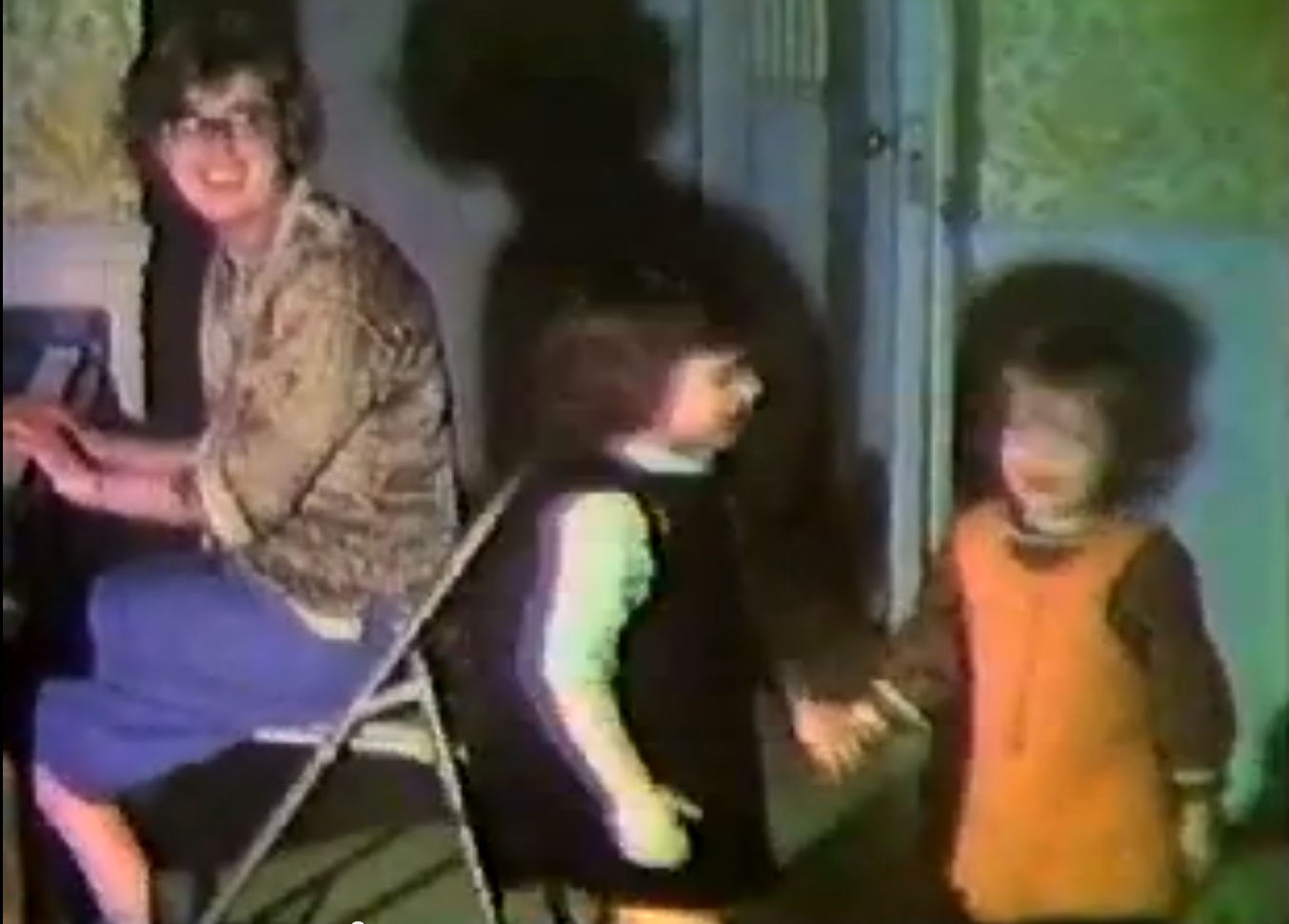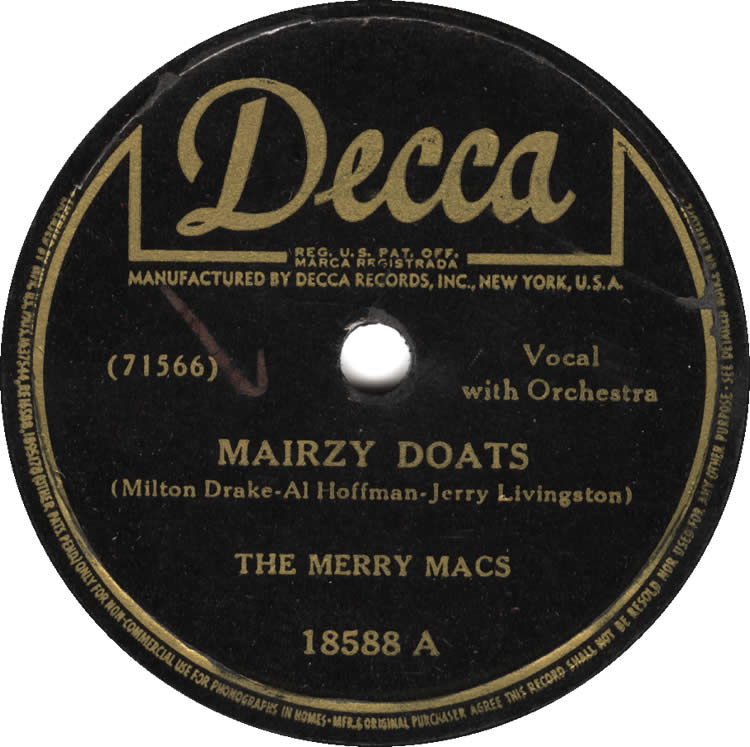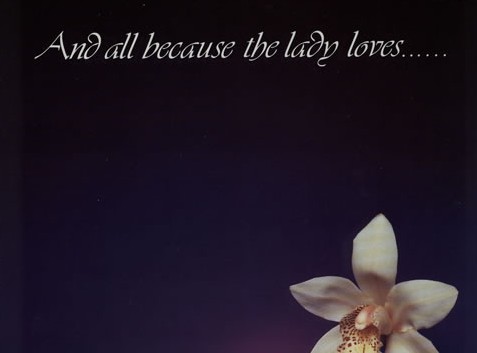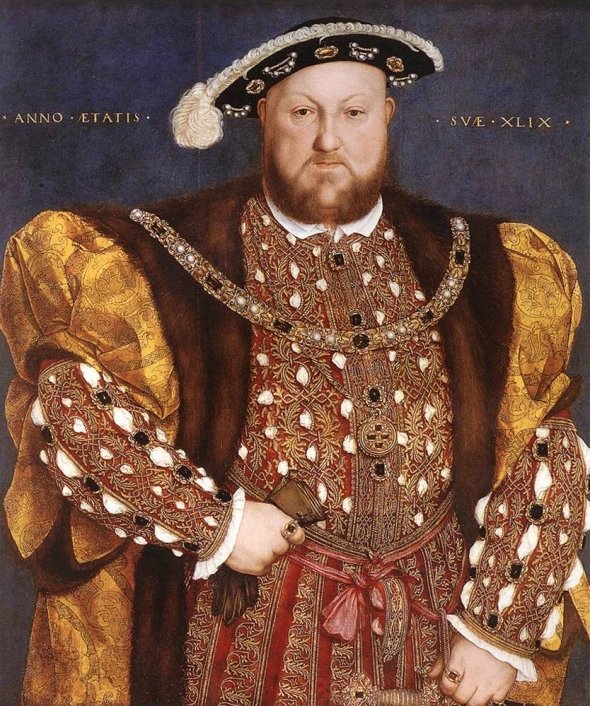
Art is Tilda Swinton sleeping in a glass box … Boris Johnson wants to take over from David Cameron as leader of the Conservative Party … The History Channel’s Obama-Satan resemblance … The Real Housewives franchise … The new TSA rules … George Osborne on Cyprus … Manchester United’s manager snubs a pre-match handshake … The Dow Jones Index …
These momentous news items have each been described as a load of old codswallop and poppycock by commentators in the world’s media in recent weeks — but not necessarily using that particular language. We probably don’t realize just how lucky we are to be able to draw on such a wide, rich vocabulary of words — many of them slang, a few taboo or vulgar — to identify and dismiss baloney with emphasis and flair when nonsense simply won’t do, even with the word utter placed firmly in front of it. The etymological bios of these sassy characters are often as colorful as the words themselves.
applesauce: by 1739, American English Slang attested from 1921 and noted as vogue word early 1920s. Mencken credits it to cartoonist T.A. (“Tad”) Dorgan. DAS suggests the word was thus used because applesauce was cheap fare served in boardinghouses. (OnEtDic)
balderdash: 1590s, of unknown origin; originally a jumbled mix of liquors (milk and beer, beer and wine, etc.), transferred 1670s to “senseless jumble of words.” From dash; first element perhaps cognate with Dan. balder “noise, clatter” (cf. boulder*). 1611 CHAPMAN May-day III. Dram. Wks. “S’fut winesucker, what have you fild vs heere? baldre~dash?” 1629 B. JONSON New Inn “Beer or butter-milk, mingled together..It is against my free-hold..To drink such balder-dash.” (OED)
balls: slang for testicles
baloney (also boloney): 1915–20, Americanism; first known use 1922 (MW); Bologna sausage is commonly believed to be created from lowly scraps of meat cuts. It is assumed that this food, therefore, is the origin of the slang word baloney, meaning “nonsense” or “BS”. However, the origin of the word “Baloney” is a corruption, through the French, of the city of Bologna, Italy. As the university at Bologna was known for its legal education, the French, and later English, came to call legal clap-trap “Balogna,” or “Baloney.” (Wiki)
bilge: 1510s, “lowest internal part of a ship,” also used of the foulness which collects there (OnEtDic)
blah: (1940), probably imitative or echoic in origin (Wiki)
blarney: 1796, from Blarney Stone (which is said to make a persuasive flatterer of any who kiss it), in a castle near Cork, Ireland; reached wide currency through Lady Blarny, the smooth-talking flatterer in Goldsmith’s “Vicar of Wakefield” (1766). (OnEtDic)
blatherskite: c.1650, bletherskate, in Scottish song “Maggie Lauder,” which was popular with soldiers in the Continental Army in the American Revolution, hence the colloquial U.S. use for “talkative fellow, foolish talk,” especially in early 19c. From blather (v.) + dialectal skite “contemptible person.” (OnEtDic)
blather (also blither): 1787, from the verb: 1520s, Scottish, probably from a Scandinavian source such as Old Norse blaðra “mutter, wag the tongue,” perhaps of imitative origin. (OnEtDic)
bollocks (also bollix) (Brit.): 13th c. Probably a derivative of Teutonic ball-, of which the Old English representative would be inferred as beall-u, -a, or -e“. One early reference is John Wycliffe bible (1382), Leviticus xxii, 24: “Al beeste, that … kitt and taken a wey the ballokes is, ye shulen not offre to the Lord…” (any beast that is cut and taken away the bollocks, you shall not offer to the Lord, i.e. castrated animals are not suitable as sacrifices). (OED) In British slang, as an ejaculation meaning “nonsense,” recorded from 1919. (OnEtDic)
bosh (Brit.): From Turkish bos (“empty, unoccupied”). Entered popular usage in English from novels of James Justinian Morier. (Wiki)
bull/bullshit: From Middle English bull (“falsehood”), of unknown origin. Possibly related to Old French boul or boule meaning fraud, deceit, trickery (Wiki) (and see cock and bull below)
bunk, bunkum or buncombe (chiefly U.S.): 1830s, from “speaking to Buncombe” (or “for Buncombe”). In 1820, Felix Walker, who represented Buncombe County, NC in U.S. House of Representatives, rose to address question of admitting Missouri as a free or slave state. This was his first attempt to speak on this subject after nearly a month of solid debate and right before the vote was to be called. Allegedly, to the exasperation of his colleagues, Walker insisted on delivering a long and wearisome “speech for Buncombe.”He was shouted down by his colleagues.His persistent effort made “buncombe” (later respelled “bunkum”) a synonym for meaningless political claptrap and later for any kind of nonsense.The term became a joke and metaphor in Washington, then entered common usage.
claptrap: c.1730, trick to ‘catch’ applause,” a stage term; from clap (v.) + trap (n.). Extended sense of “cheap, showy language” is from 1819 (OnEtDic)
cobblers (Brit.): mid 20th c; Cockney Rhyming Slang: originates from ‘cobblers’ awls’, the pointed hand-tools that cobblers use to pierce holes in leather; rhymes with ‘balls’, meaning testicles (see above). (PhraseFinder)
cock and bull/cock (chiefly Brit.): believed to have originated from stage coach travellers’ gossip and rumor exchanged between two coaching inns, The Cock and The Bull in Stony Stratford, England. These inns were a main stopping point on the turnpike road from London to Birmingham, Chester and North Wales (for Ireland). Other commentators suggest origin is in mythical or fictional conversations among animals; however, this seems to be based on supposition that the French expression coq-a-l’ane (“cock to donkey”) has been imported into English. This is not an unreasonable supposition, since the Scots word cockalayne appears to be a direct phonetic transfer from French. (Wiki). Often shortened to cock (Brit.) and bull (American – see above).
codswallop (Brit.): Unknown, attested from 1959 episode of UK TV series Hancock’s Half Hour; proposed etymologies from sense of cod meaning “scrotum” (as in codpiece) or “joke, imitation”+ wallop (slang for beer) hence cod + wallop = “imitation beer” (Wiki)
crap: “act of defecation” 1898; sense of “rubbish, nonsense” also first recorded 1898. (OnEtDic)
crock (of shit): based on the literal meaning of crock (container); used as an image of worthless rubbish since 19c., perhaps from the use of crockery as chamberpots (OnEtDic)
crud: 1940940, U.S. slang; originally 1920s army and college student slang for “venereal disease.” Said to be a metathesis variant of curd, which actually makes it an unconscious return to the original Middle English form of that word. (OnEtDic)
drivel: Middle English, from Old English dreflian; perhaps akin to Old Norse draf meaning malt dregs; first known use: before 12th century (MW); Old English dreflian, of uncertain origin; perhaps related to draff (OED)
fiddle/fiddle-faddle/fiddlesticks: 1570s (n.); 1630s (v.), apparently a reduplication of obsolete faddle “to trifle” (OnEtDic). “Do you suppose men so easily damage their natures? Fiddlestick!” (William Makepeace Thackeray, Miss Tickletoby ‘s Lecture, 1842)
flannel (Brit.): origin in sense of nonsense unknown
flapdoodle: origin uncertain. 1833, originally “the stuff they feed fools on” [Marryat]; an arbitrary formation (OnEtDic)
folderol (also falderal): a nonsense refrain in songs; first known use c1820 (MW)
fudge: perhaps an alteration of fadge “make suit, fit” (1570s), of unknown origin. As an interjection meaning “lies, nonsense” from 1766; the noun meaning “nonsense” is 1791. Farmer suggests provincial French fuche, feuche, “an exclamation of contempt from Low German futsch = begone.” The traditional English story traces fudge in this sense to a sailor’s retort to anything considered lies or nonsense, from Captain Fudge, “who always brought home his owners a good cargo of lies” [Isaac Disraeli, 1791, citing a pamphlet from 1700]. It seems there really was a late 17c. Captain Fudge, called “Lying Fudge,” and perhaps his name reinforced this form of fadge in the sense of “contrive without the necessary materials.” (OnEtDic)
gibberish: ca. 16th c. Either onomatopeic, imitating sound of chatter, probably influenced by jabber, or derived from root of Irish gob (“mouth”) (Wiki)
guff: 1888, from earlier sense of “puff of air” (1825), of imitative origin. (OnEtDic)
hogwash: mid-15c., “slops fed to pigs,” from hog (n.) + wash (n.). Extended to “cheap liquor” (1712) then to “inferior writing” (1773) (OnEtDic)
hokum (North American): probably blend of hocus-pocus and bunkum; first known use: 1908 (MW)
hooey: US slang 1920s, origin unknown (OED); ? Russian translit. of хуй slang for penis, synonymous with cock (Chambers Dict. Slang)
horsefeathers (also horse-hockey)(U.S.): said by J. E. Lighter’s Historical Dictionary of American Slang to be euphemism for horse-shit; coined by comic-strip artist and writer William Morgan “Billy” de Beck (American Speech, 1928). Made famous by Marx Brothers’ 1932 film Horse Feathers. (Phrase Finder)
malarkey (or malarky): 1924, American English, of unknown origin (OnEtDic). Found renewed fame when Joe Biden used it to describe his opponent’s remarks during 2012 VP debates.
moonshine: In figurative use, implying “appearance without substance,” from late 15c.; perhaps connected in that sense with notion of “moonshine in water” (cf. moonraker) (OnEtDic)
nerts: 1932, originally American English college slang, colloquial or euphemistic pronunciation of nuts as slang retort of defiance or dismissal (1931) (OnEtDic)
Niagra Falls: London Cockney rhyming rhyming slang (rhymes with balls: see above). (Probert)
palaver: sailors’ slang, from Portuguese palavra “word, speech, talk,” traders’ term for “negotiating with the natives” in West Africa, metathesis of Late Latin parabola “speech, discourse,” from Latin parabola “comparison”. Meaning “idle talk” first recorded 1748. (OnEtDic)
pap: see poppycock below
piffle: Unknown, 1847. Perhaps blend of piddle and trifle; possibly puff (onomatopoeia, puff of air”) + diminutive -le (Wiki)
poppycock: 1865, American English, probably from Dutch dialect pappekak, from Middle Dutch pappe “soft food” + kak “dung,” from Latin cacare “to excrete” (OnEtDic)
rhubarb (Brit.): repeated by actors to give the impression of murmurous hubbub or conversation. Hence allusively. (OED)
rot: From Middle English rotten, roten, from Old English rotian (“to rot, become corrupted, ulcerate, putrify”) (Wiki)
shmegegge (Yiddish): from the Yiddish sh- + megege meaning “dawdler, idler” (Encarter)
spinach: In 1930s colloquial American English, it had a sense of “nonsense, rubbish,” based on a famous New Yorker cartoon of Dec. 8, 1928. (OnEtDic)
tommyrot: 1884, from tommy in sense of “simpleton” (1829), diminutive of Tom (as in tomfool) + rot (see above) (OnEtDic)
tosh (chiefly Brit.): Origin unknown; possibly derived from tosheroon (“5 crowns”), therefore something of minimal worth. (Wiki)
tripe: from Middle English, from Old French tripe (“entrails”) (Wiki). Applied contemptuously to persons (1590s), then to anything considered worthless, foolish, or offensive (1892) (OnEtDic)
twaddle: variant of an older word, twattle (mainly dialectal and not recorded much in print) meaning to talk foolishly or idly or to chatter inanely. A twattle-basket was a chatterbox. It seems to have been itself a variation on tattle, as in tittle-tattle, another English reduplicated term, also written as twittle-twattle. OED notes that these, and other forms, are probably echoic in origin and are primarily colloquial (World Wide Words)
waffle: derived from waff, a 17th-century onomatopoeia for sound of dog barking, similar to modern woof. (Wiki)
Other common informal and vulgar synonyms for nonsense relate to refuse and excrement: eg. trash, garbage, rubbish, shit, crap, horse-shit (origins of sense of nonsense varied and unknown)
OED = Oxford English Dictionary
OnEtDic = Online Etymology Dictionary
MW = Merriam Webster
Wiki = Wikipedia, Wiktionary
































